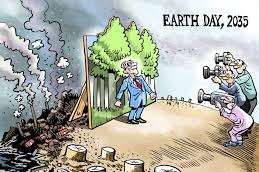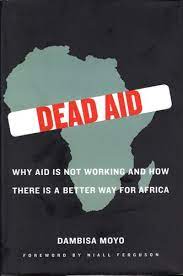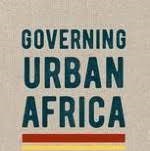
- Facilitator: George Abel Mhango

This course discusses a wide range of issues that are central to the politics of international aid. Drawing on the historical record and more recent case studies, students will develop an in-depth understanding of the main actors, mechanisms, and dilemmas in the contemporary aid system; how foreign aid and development policy theories are constructed and used.
- Facilitator: George Abel Mhango

Urban politics and governance have become increasingly vital fields of study as the world experiences an unprecedented rate of urbanization. More than half of the global population now lives in urban areas, and this figure is projected to grow significantly in the coming decades—especially in the Global South, where cities are expanding rapidly, often without adequate infrastructure or inclusive governance mechanisms. Understanding how cities are governed, who wields power, and how urban resources are distributed is critical not only for political scientists but also for policymakers, urban planners, and engaged citizens.
This course, hence, examines the challenges and issues confronting cities in developing countries. It offers an in-depth exploration of key topics such as urban power structure, machine and reform politics, sub-urbanization, urban regions and the global economy. The mainstay of the course is to explore diverse perspectives on the sources and exercise of power in the city. Key question to be considered include: who governs in urban societies? Who should govern? And how are cities governed in practice?- Facilitator: George Abel Mhango
